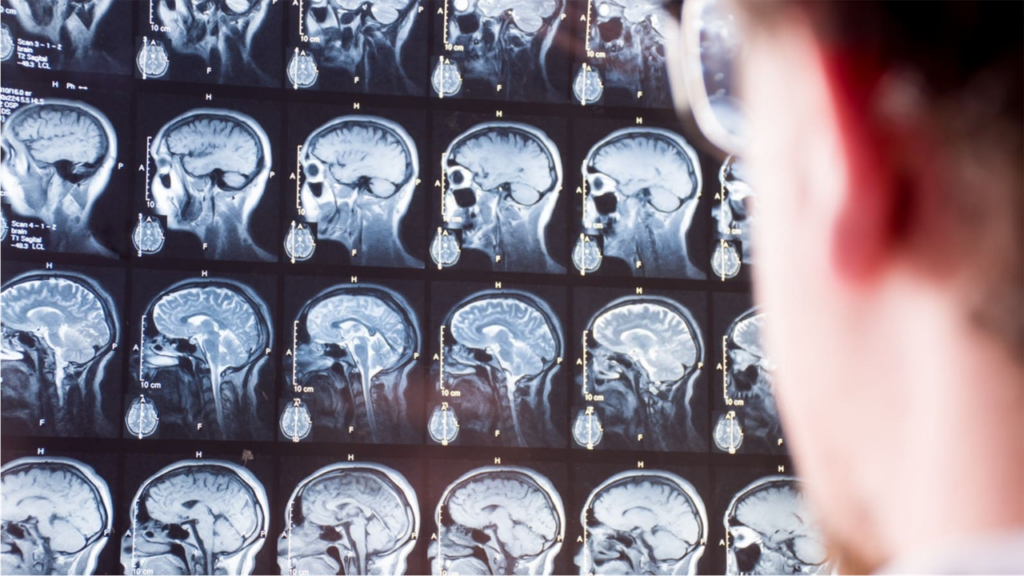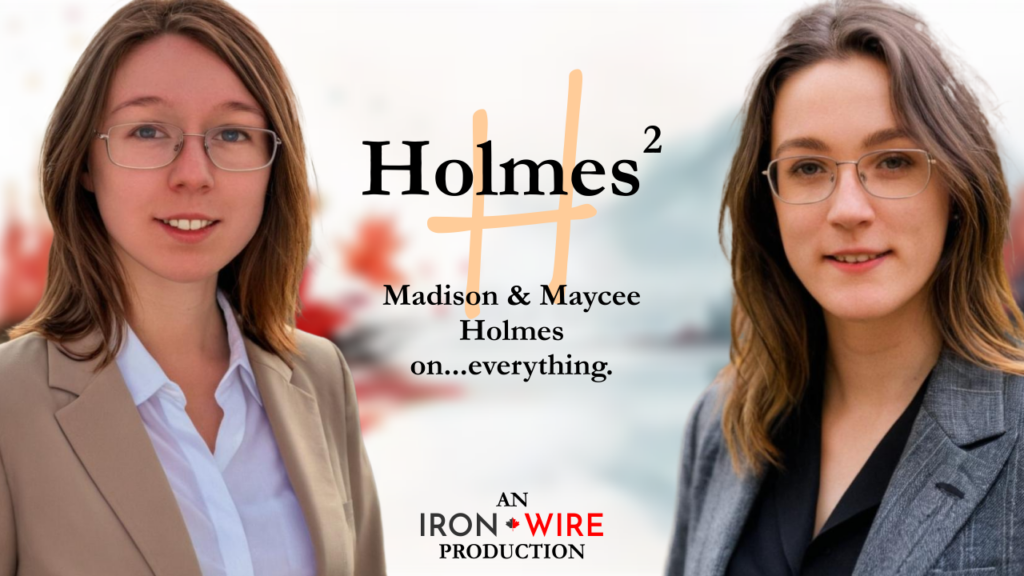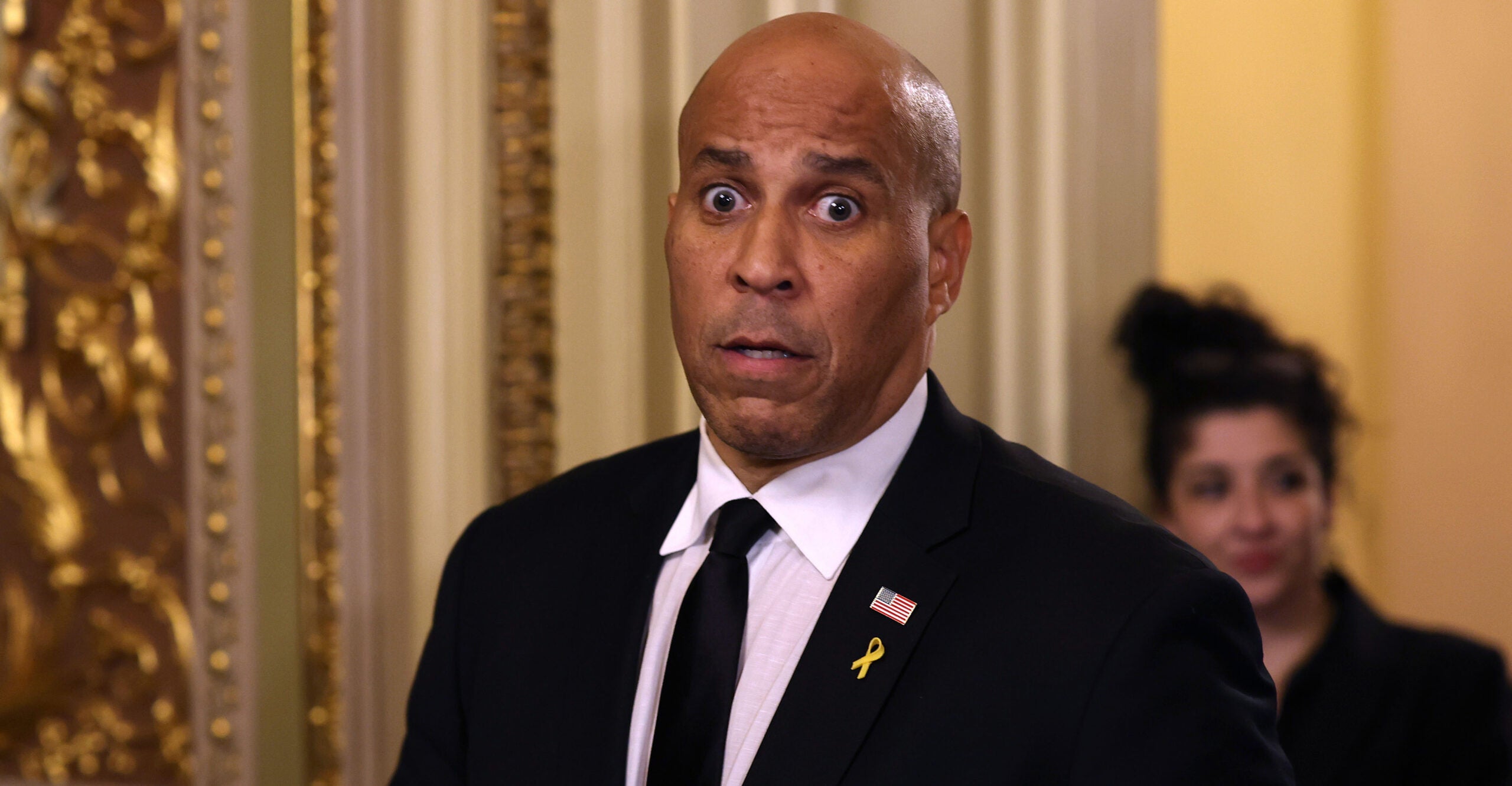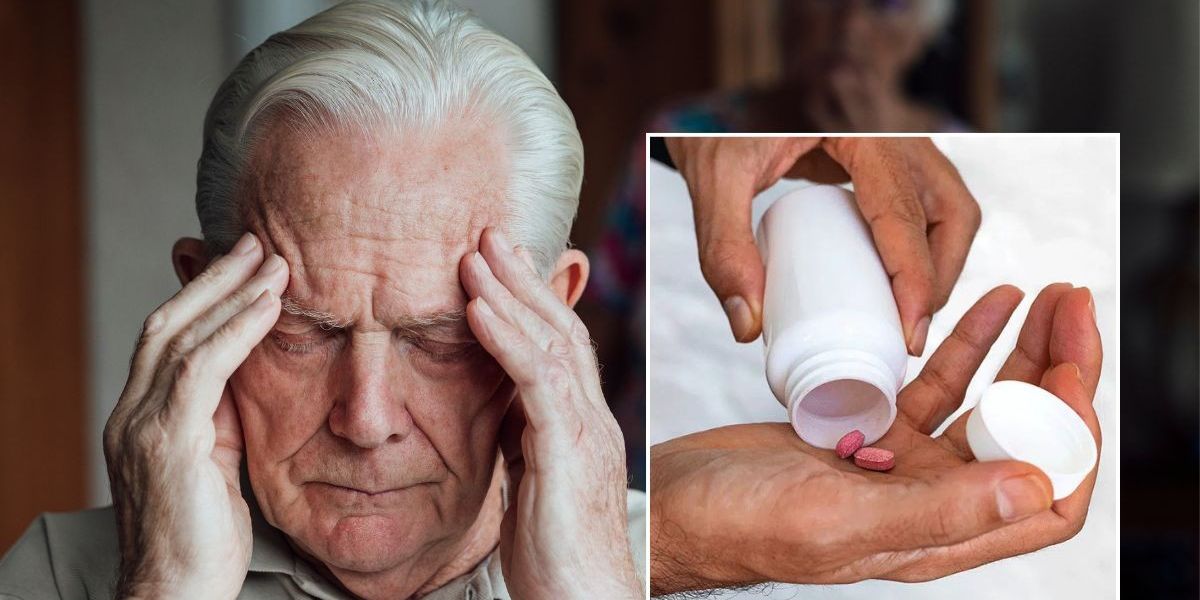Did you know the Novus Ordo uses a phrase that Scripture associates with idolatry? – LifeSite
(LifeSiteNews) — I was doing lectio divina on Sunday morning and was contemplating on the first reading from Mass last Friday when this struck me. Here is what I read:
Return, O Israel, to the Lord thy God: for thou hast fallen down by thy iniquity. Take with you words, and return to the Lord, and say to him: Take away all iniquity, and receive the good: and we will render the calves of our lips. Assyria shall not save us, we will not ride upon horses, neither will we say any more: The works of our hands are our gods.
From my Lectio Divina reflection today…
A phrase used at every Novus Ordo Mass — “the work of human hands” — is actually a biblical term for idolatry. 👇 pic.twitter.com/QmYYpsl8TL— John-Henry Westen (@JhWesten) March 30, 2025
“Render the calves of our lips,” which made me think of “the sacrifice” as our Lenten retreat master David Torkington reminds, the sacrifice of prayer – of time to pray actually being the acceptable sacrifice to the Lord.
But beyond that, I read these words, “neither will we say any more: The works of our hands are our gods.” I had in my heart the recent criticism of the Novus Ordo from Bishop Strickland and this line in the Bible is the very line in the offertory in the Novus Ordo that has always made me cringe.
In the Traditional Latin Mass (sometimes known as the “Extraordinary Form”), the Offertory for the bread reads:
Receive, O Holy Father, this immaculate host, which I, Thine unworthy servant, offer unto Thee…
There is no reference to human labor or “the work of our hands.”
In contrast, the Novus Ordo (sometimes known as the “Ordinary Form”) offertory for the bread says:
Blessed are you, Lord God of all creation, for through your goodness we have received the bread we offer you: fruit of the earth and work of human hands, it will become for us the bread of life.
I looked for other references in Scripture for “the work of human hands” and here is what I found:
Psalm 115:4 (RSVCE)
“Their idols are silver and gold, the work of human hands.”
Psalm 135:15
“The idols of the nations are silver and gold, the work of human hands.”
Deuteronomy 4:28
“And there you will serve gods of wood and stone, the work of human hands, that neither see, nor hear, nor eat, nor smell.”
2 Kings 19:18 / Isaiah 37:19
“… they have cast their gods into the fire; for they were no gods, but the work of men’s hands, wood and stone.”
In biblical usage, “the work of human hands” is associated with vain, man-made religion, especially idolatry – not something holy or sanctified.
In Hosea, renouncing the work of human hands is the sign of conversion – of returning to God. So why insert a phrase into the heart of the liturgy that Scripture overwhelmingly connects with false worship?
Perhaps it’s time to reconsider what we place on our altars – and in our prayers. A reform of the liturgy still needs to take place, I think.
I wonder if this is one of the reasons for Cardinal Ratzinger’s criticism of the Novus Ordo:
In the place of liturgy as the fruit of development came fabricated liturgy. We abandoned the organic, living process of growth and development over the centuries and replaced it – as in a manufacturing process – with a fabrication, a banal on-the-spot product.

John-Henry is the co-founder, CEO and editor-in-chief of LifeSiteNews.com. He and his wife Dianne have eight children and they live in the Ottawa Valley in Ontario, Canada.
He has spoken at conferences and retreats, and appeared on radio and television throughout the world. John-Henry founded the Rome Life Forum, an annual strategy meeting for life, faith and family leaders worldwide. He is a board member of the John Paul II Academy for Human Life and the Family. He is a consultant to Canada’s largest pro-life organization Campaign Life Coalition, and serves on the executive of the Ontario branch of the organization. He has run three times for political office in the province of Ontario representing the Family Coalition Party.
John-Henry earned an MA from the University of Toronto in School and Child Clinical Psychology and an Honours BA from York University in Psychology.











